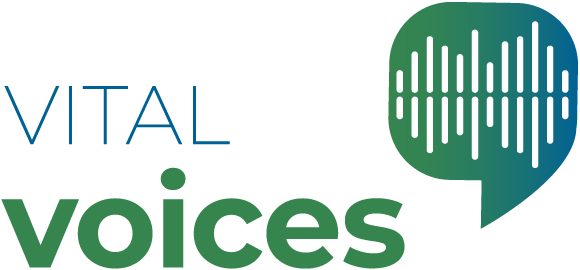Dominic’s Story
Name: Dominic
Gender: Male
Age: 36
Who is Dominic?
Dominic lives alone in temporary accommodation in Melbourne, Australia. He describes his ethnic background as ‘New Zealander’: like both of his parents, Dominic was born in New Zealand. He previously worked as a cleaner and has no source of income at present. He has been having the new hepatitis C treatment for two weeks and is having a positive experience.
Brief Outline:
Dominic found out he had hepatitis C through a check-up at a community drop-in centre around 2002, when he was 18. Although he’d tried to start treatment a couple of times previously, obstacles such as lack of money and moving house meant he didn’t begin treatment until 2020. After having treatment for two weeks, he says it’s ‘been pretty good’ and he’s ‘still functioning’.
When he was later offered the interferon-based treatment available at the time, he was unsure about it. Seeing other people go through it made him decide against starting treatment. As he explains, he saw ‘too many people go through it and it didn’t look fun’.
Dominic tried to have treatment a couple of times over the years – first, when he was in prison and then with the doctor prescribing his opioid pharmacotherapy – but obstacles such as lack of money and moving house got in the way.
During the COVID-19 pandemic in 2020, he was moved into emergency accommodation and an outreach nurse organised for him to begin treatment. Dominic’s opioid pharmacotherapy doctor told him about the new treatment and organised a prescription, but Dominic didn’t collect it. As he puts it, ‘I never picked the script up, because, you know, I didn’t have money or whatever, and so a year went by and then the script expired, and I was in this hotel, just during this COVID thing, and a nurse offered to pay for it […] They just sent me off to get some tests, and whoever the doctor is there wrote up a script for it […] and I just got my hands on that a couple of weeks ago’.
Dominic has been taking the medication for two weeks, and it’s been a positive experience. As he explains, ‘Yeah, it’s been pretty good, I’m liking it. I watched people go through the interferon and, you know, it was horrible, and this is all right. I’m still functioning, you know.’
Dominic (M, 36, experience with new treatment [DAAs]), who was having treatment at the time of his interview, says he often feels tired and fatigued. He connects his treatment to his hope for a better future.
Yeah, I’ve been feeling like it’s taking its toll after all these years, yeah. I feel fatigued all the time, I feel a bit of pain […] Yeah, not only that, but it would also be good to not keep telling everyone I have hep C […] When you’ve got it and [you feel like] your body is breaking down and dying, you don’t really have too much hope for the future, you know. You know your body is diseasing away, you know what I mean? [Being cured of hepatitis C] will give me a bit more drive to achieve better things. I think, I don’t know, I could be wrong, but that’s how I feel […] I’m just hoping it will give me more energy back, because I get extreme fatigue a lot.
Referring to the conditions inside prison, Dominic (M, 36, experience with new treatment [DAAs]) explains that while he hoped to do treatment during his sentence, it was hard to receive medical care.
I actually did want to do it [treatment] when I was locked up, but it would be a miracle if you get to see a doctor when you’re inside, a miracle […] The medical system inside is a nightmare […] It’s just hard to even get them to take you to see a doctor. It’s hard to get a Panadol if you’ve got a migraine […] I put [hep C treatment] on the medical form and requested it and it went nowhere […] But it would have been good to do it while I was inside, because you are just locked in your cell all day and it’s a perfect place to do it.
Dominic (M, 36, experience with new treatment [DAAs]) was having treatment at the time of his interview. He also compares the new treatment favourably with the old.
Yeah, it’s been pretty good, I’m liking it. I watched people go through the interferon and, you know, it was horrible, and this is all right. I’m still functioning, [if] you know what I mean […] I [had been] thinking about [treatment], but I just didn’t want to, you know, until this new [treatment] came out […] Since there’s been this treatment, I always wanted to get on it.

